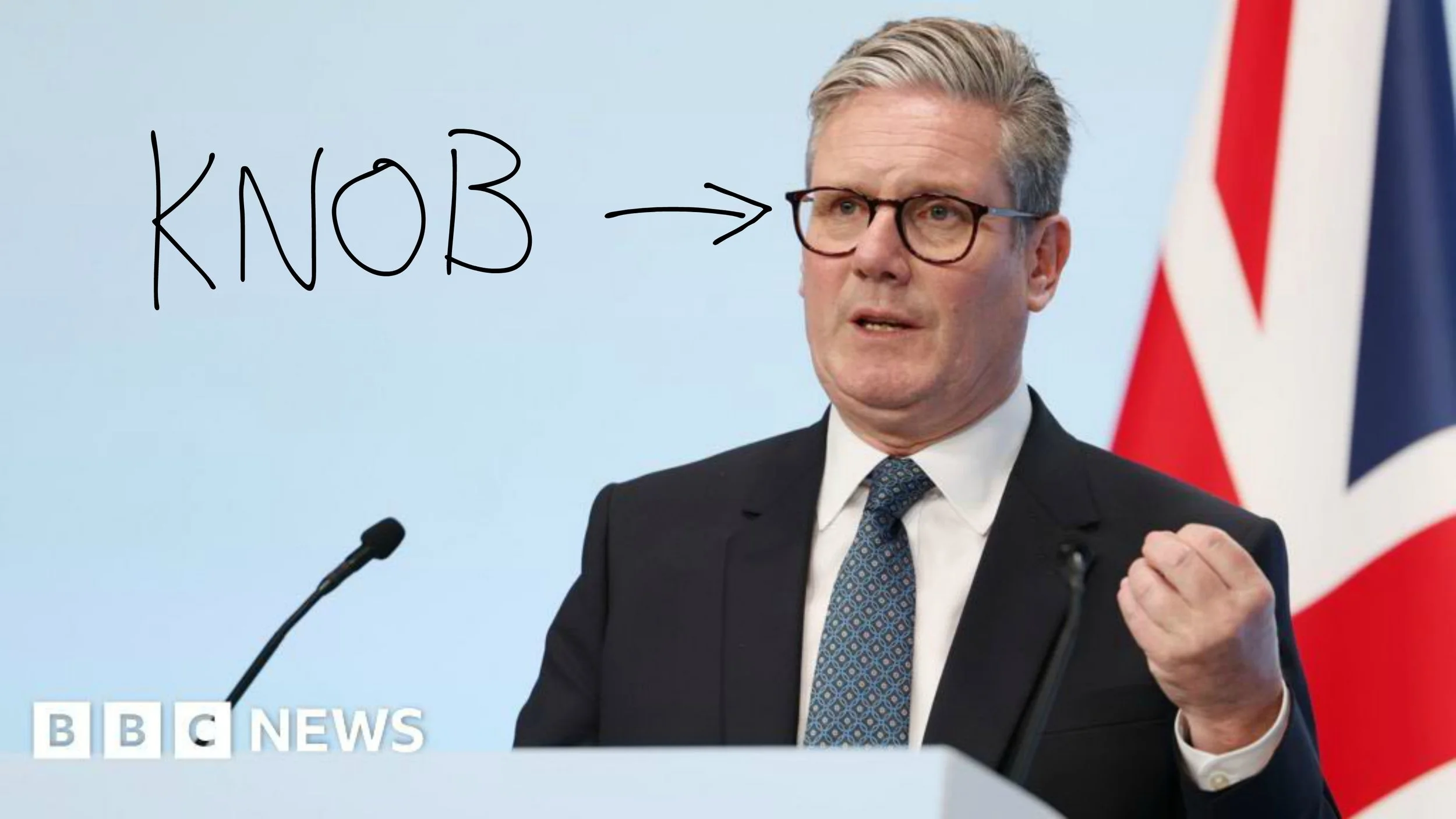Leave Classic Cars Alone
Who remembers when your car was officially classed as a classic car at the age of just 25 years old?
Back then, reaching that milestone meant your vehicle was recognised for its historical and cultural significance, granting it certain benefits. However, the rules changed in 2018, and it was then decided that to meet this classic car criteria, your vehicle now has to be 40 years old. To be fair, I can understand this adjustment, even though I personally wish the 25-year rule had remained in place. If it had, then Ellie would have already been exempt from tax and MOT, which would have been fantastic. Still though, the change felt like little more than a cash grab from the government at the time, tightening the restrictions and increasing revenue.
“The main reason why old cars are MOT exempt is to support the preservation of automotive history. The exemption encourages enthusiasts to maintain these classic vehicles, keeping a piece of motoring heritage alive on UK roads. Classic cars represent different eras of automotive design and technology. By exempting them from standard MOT tests, which may not be suitable for their unique characteristics, the government acknowledges their historical value. This exemption allows owners to maintain their vehicles in a way that respects their original design and functionality.” - Motoring Mojo
This statement perfectly encapsulates why this exemption is so vital. It’s about more than just rules or regulations; it’s about preserving the stories, craftsmanship, and innovation from past generations, allowing classic cars to remain cherished and roadworthy relics of automotive history.
I am not sure if you have seen in the news this week about Labour’s latest plan concerning classic cars. In a nutshell, they are now proposing to make 40-year-old historic cars liable for road tax, which is a significant change from current regulations. Rachel Reeves, it seems, is unable or unwilling to acknowledge the real impact this will have on people like me who own and carefully maintain these classic vehicles. Ultimately, with these new charges, I won’t be able to afford to keep my cars on the road anymore. I suppose that might be precisely what Labour intends. They have been consistently encouraging people to buy new cars every three years while promoting the misleading narrative that this frequent renewal is somehow the path to becoming “net-zero.”
In truth, my 55-year-old Triumph Herald perfectly exemplifies a vehicle that has long since paid back its initial carbon footprint through decades of use. Similarly, my Ford Escort stands as another clear example of a classic car that has minimal ongoing environmental impact. There is simply no comparison to the vast amount of pollution and resource consumption caused by pushing people into purchasing new vehicles so frequently. The reality is, just because you can’t see pollution directly coming out the back of an electric vehicle, the environmental cost is still very real. Its parts are shipped from all corners of the globe, and with this business model being aggressively promoted by Labour, cars are increasingly viewed and treated as disposable items, rather than being maintained for the long haul, as was the previous, more sustainable mindset.
Preserving our automotive history requires collective effort and recognising its cultural value beyond mere wealth. Addressing government greed and corruption is crucial for a fair society—transparency, accountability, and ethical governance are foundational to restoring public trust and ensuring policies serve everyone, not just a privileged few. Only with such reforms can we safeguard both our heritage and democratic principles.
They’d steal your last Rolo too.




